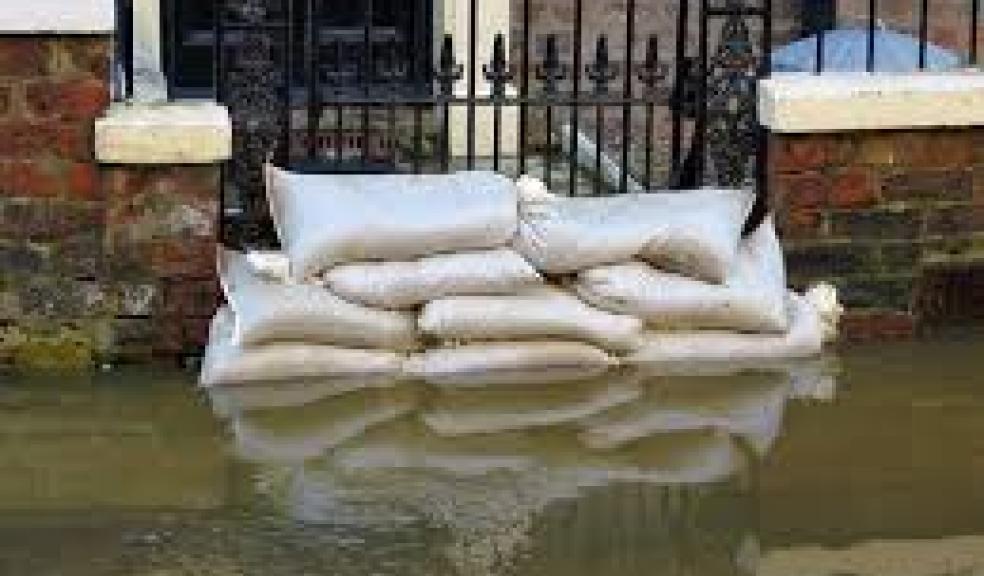
Majority fail to check flood risk levels
As we approach the anniversary of the June 2007 summer floods, people in Britain are still not checking the flood risk of their homes, in spite of increased incidents of flooding in recent years. 67% of respondents to a new YouGov survey, which was commissioned by the Know Your Flood Risk Campaign, reports that they had never checked the flood risk level of their home.
Those in the North East were the least likely to have carried out any checks, with 88% confirming they had never researched their flood risk, despite major floods occurring in areas such as Hartlepool, Peterlee, East Durham, Morpeth and Redcar in the last two years.
This compares to 55% for those in the South East, which has also bared the brunt of significant flooding events – including last year when January 2014 was reported as the wettest January on record*3, which resulted in over 100 flood warnings being issued in the South East region alone.
The survey also shows that many do not take the threat of a flood seriously with just 6% of respondents confirming that they have a flood plan and are sure of what they would do if a flood occurred in their homes. Worryingly, a third of people (31%) reported that they do not have a plan and would not know what to do in the event of a flood.
The survey identifies that the public are still not making flood checks part of their research process when moving into a new home; just 20% of respondents currently check the flood risk of their home before moving in, and only 11% check after.
The research went on to identify that there is confusion over who is responsible for protecting a home against flooding. Respondents considered a range of organisations that they believe have a responsibility to protect homes against flooding including the Environment Agency (57%), their local council (55%) and the Government (34%). Homeowners (55%), landlords (39%) and tenants (23%) were also noted as being responsible for protecting a home against flooding.
Mary Dhonau OBE, Chief Executive of the Know Your Flood Risk campaign, said: “People have short memories just three years ago in 2012*4 we had the second wettest summer on record and during the summer of 2007, 55,000 properties were flooded*5. With such wide-scale media coverage of the devastation that significant flood events cause, it’s surprising that that the public are not doing their homework when it comes to protecting their homes. With so many floods in recent times combined with flood insurance problems, it’s worrying that so few people check their flood risk before they buy. It is also interesting to see the level of confusion over who should protect homes from being flooded. It is clear that there is still a need to educate homeowners of their responsibility and to ensure they know where to go to find this information.”
The Know Your Flood Risk Campaign’s mission is to raise awareness of the risk of flooding from all sources. It is one of the UK’s leading online sources for helping people find out the flood risk related to their current or future homes. For example, users can purchase a Know Your Flood Risk Report, which assesses the potential risk and confirms whether they will be able to obtain insurance at standard terms. The property-specific assessment report can be purchased via the website for £24.00.
Mary, known by many as ‘Mary Queen of Floods’ continues: “Your home is the most expensive asset you are ever likely to own, so it pays to be prepared in order to protect it. Information is out there to alert you to such risks, including our Know Your Flood Risk report, which provides detailed analysis so you can plan or take appropriate action in advance of any flood events occurring. By doing so, mitigating any risk upfront may also allow reduced premiums on home and contents insurance, which many people may be unaware of.”
In addition to the flood report, the Know Your Flood Risk campaign also provides comprehensive guidance via its website and a free mobile app, which offers information about flood forecasts and warnings, example flood plans, details of how to protect against floods or how to recover if affected by a flood.
For more information, visit www.knowyourfloodrisk.co.uk, or follow the campaign on Twitter @flooduk or via Facebook.











